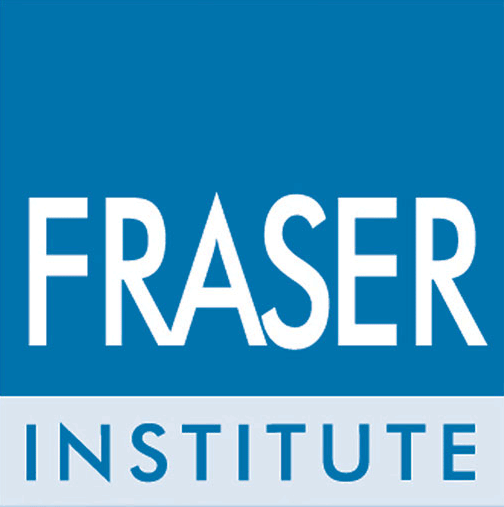Saskatchewan continues to receive high marks in the Fraser Institute’s Global Petroleum Survey, which ranks the best jurisdictions for oil and gas investment in the world.
The report, released by the think-tank on Dec. 6, rates Saskatchewan as the No. 4 jurisdiction in North America, trailing only Oklahoma, Texas and Kansas.
Alberta, meanwhile, fell to No. 43.
“The Alberta government has introduced policies that are confusing and possibly costly, creating uncertainty for the oil and gas industry, which can invest elsewhere,” said Kenneth Green, senior director of the Fraser Institute's Centre for Natural Resources and co-author of the survey.
Alberta fell 18 spots from No. 25 in 2015 to No. 43 this year. Saskatchewan, meanwhile, advanced three spots from seventh in 2015 to fourth this year.
The Fraser Institute has ranked Saskatchewan as the top area for investment in Canada for five consecutive years.
Saskatchewan earned high marks from petroleum executives in the areas of fiscal terms, the cost of regulatory compliance and clear environmental regulations.
The institute noted that the survey was completed before the federal government approved two pipeline expansions, the Kinder Morgan’s Trans Mountain and Enbridge’s Line 3.
Combined with U.S. president-elect Donald Trump’s anticipated support of the Keystone XL pipeline, the institute expects that should improve the overall score Canadian provinces.
A total of 381 respondents participated in this year’s survey. The evaluated jurisdictions are assigned scores on each of 16 questions pertaining to factors known to affect investment decisions. Ninety-six jurisdictions were evaluated.
These scores are then used to generate a Policy Perception Index for each jurisdiction that reflects the perceived extent of the barriers to investment. The jurisdictions are then sorted into clusters based on the size of their proved reserves: large petroleum reserves, medium-sized reserves and small proved oil and gas reserves.
Saskatchewan is listed in the latter category, and was ranked second, trailing only Kansas.
Alberta is in the large petroleum reserves category, Newfoundland and Labrador and British Columbia are in the medium reserves category, and Manitoba, Nova Scotia, New Brunswick, Yukon Territory and Northwest Territory join Saskatchewan among those with small proven reserves.
Quebec was among those listed in the report, but it was not listed in one of the three categories.




